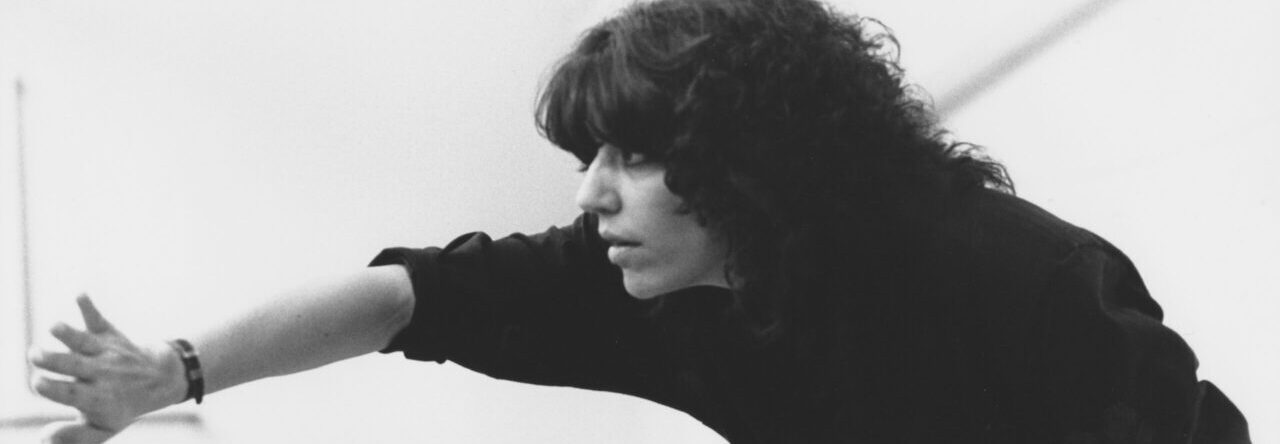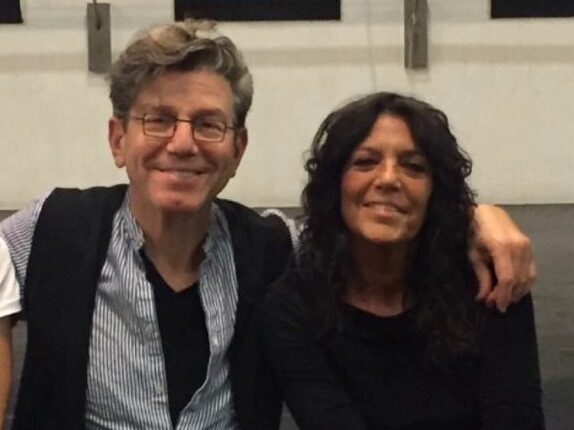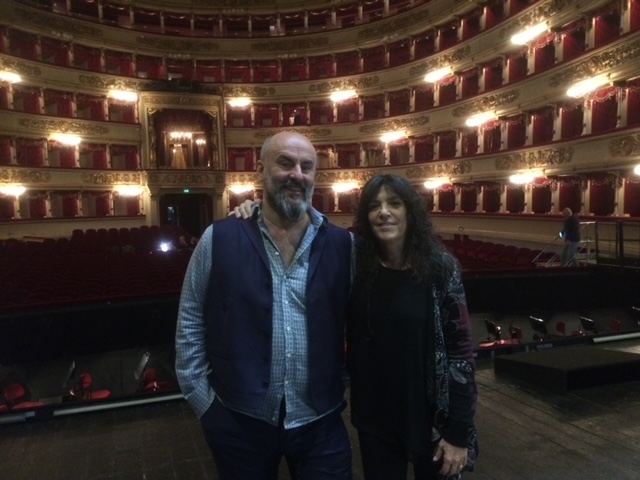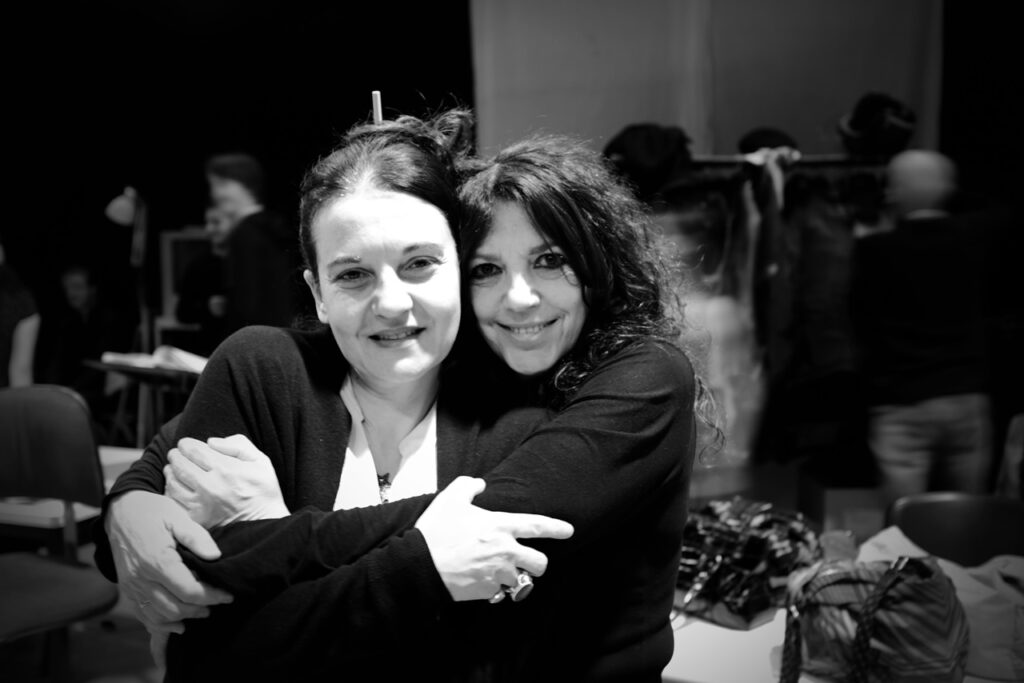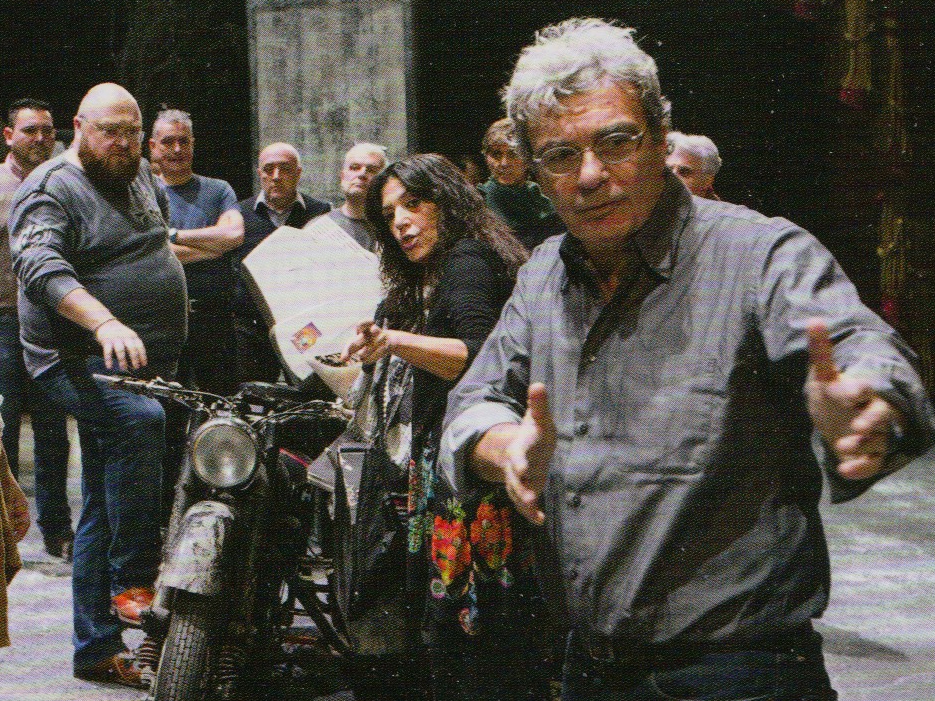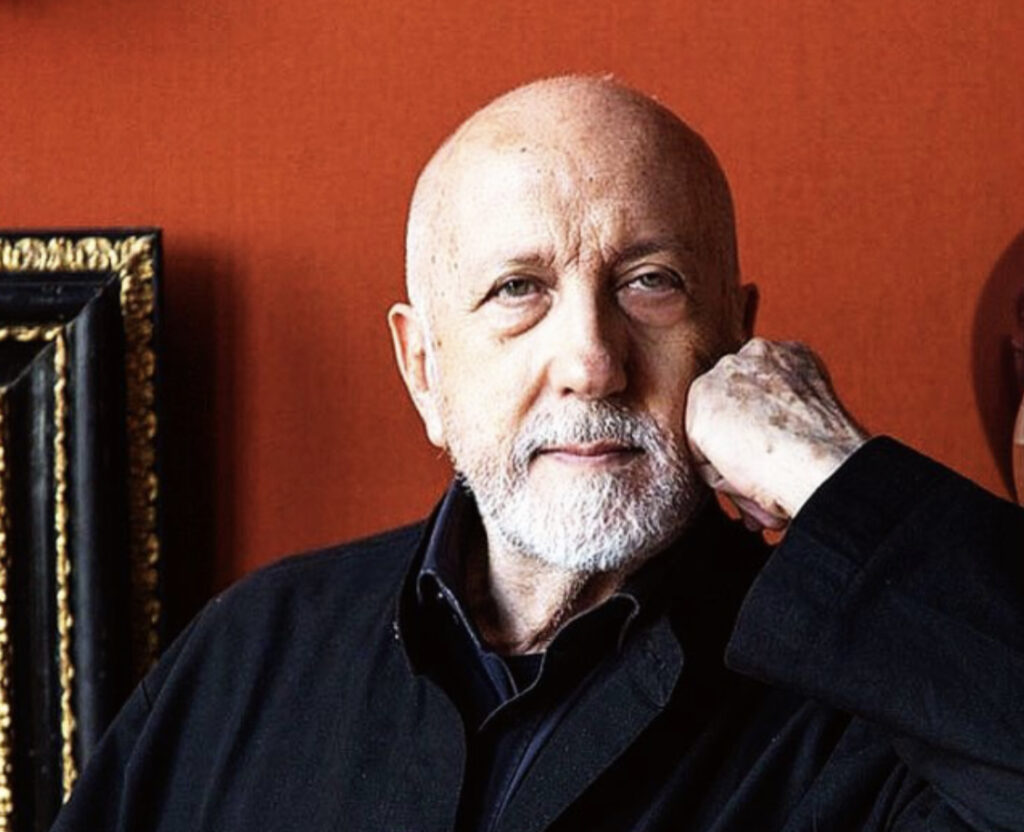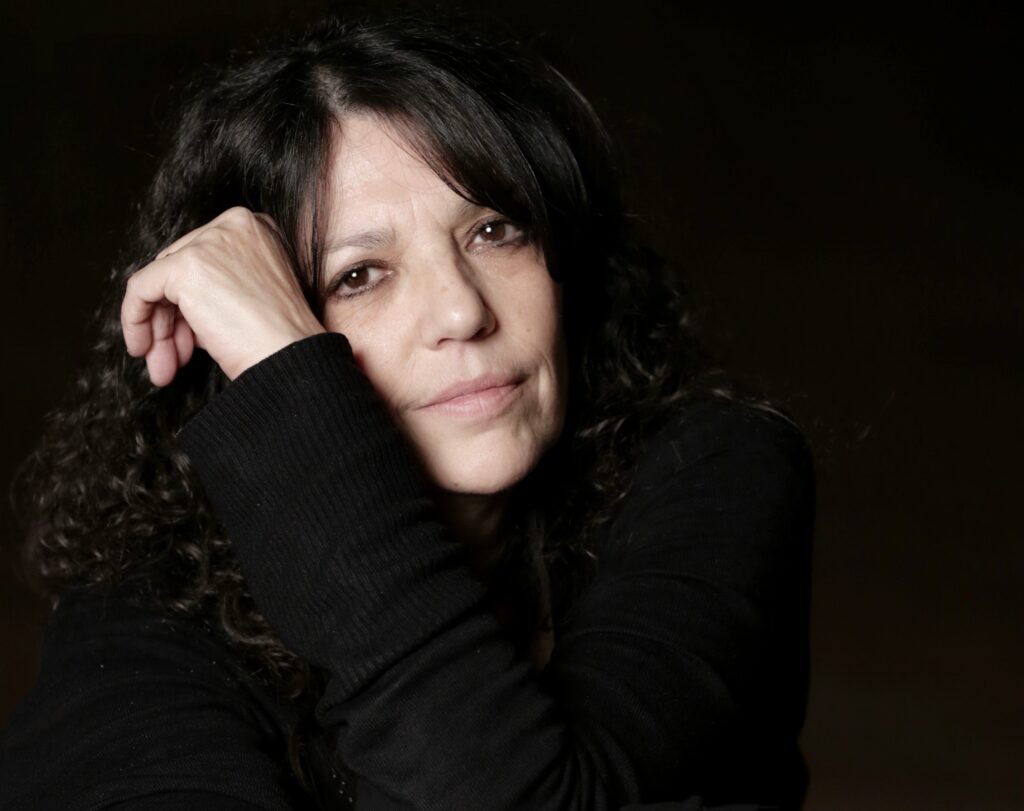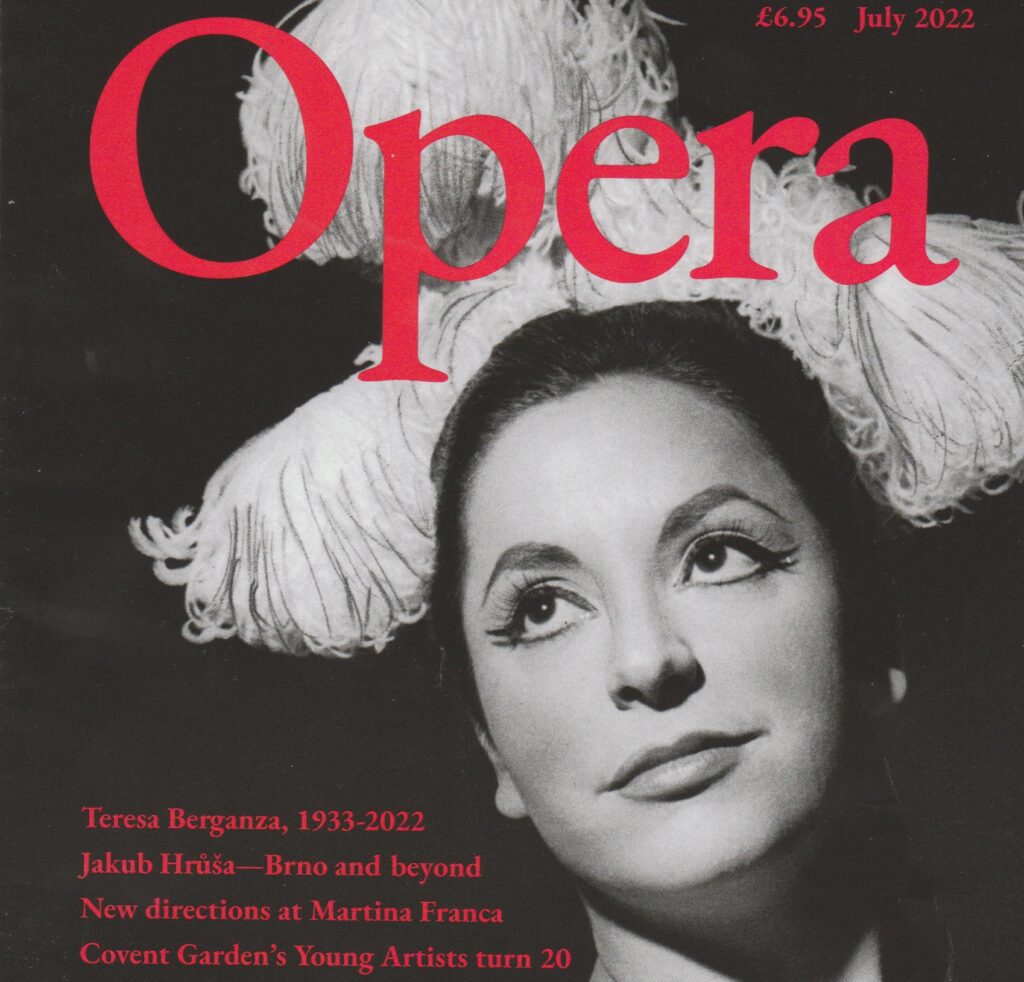
Obituary – Lorenza Cantini – Italian stage director, in Milan, on November 20th [2021], aged 63. She was born in Milan on 23 July 1958 and learnt her craft as a stage director at the Accademia del Piccolo Teatro, becoming a writer and actress in the milieu of the Roman avant-garde at the end of the 1970’s. In 1980 she took up an apprenticeship at La Scala and rapidly distinguished herself over the following years, most notably in her work with Franco Zeffirelli, whom she assisted in the historic La Scala productions of Pagliacci and Cavalleria rusticana and Turandot, which she revived on La Scala’s international tours to Tokyo and Moscow. She was appointed La Scala’s resident stage director in 1986 at the age of 28. In this capacity she went on to be an indispensable collaborator over 35 years for La Scala’s guest stage directors, who found in her experience, wisdom and decisiveness. Her tenure in the theatre embraced the musical directorships of Riccardo Muti, Daniel Barenboim and Riccardo Chailly. Just a few of the many stage directors whom she assisted and collaborated with at La Scala were Pierre Audi, Luc Bondy, Robert Carsen, Roberto De Simone, Emma Dante, Claus Guth, Yannis Kokkos, Davide Livermore, Pier Luigi Pizzi, Pier Luigi Pier’Alli, Mario Martone, Damiano Michieletto, Luca Ronconi, Emilio Sagi, Jérôme Savary and Graham Vick. Cantini directed several productions at La Scala in her own right, including Paolo Aretino’s Passione and Bejamin Britten’s The Little Sweep. The last of her Scala productions were the children’s shows in streaming during the Covid lockdowns. Periodically she revived La Scala productions in many other of the world’s major opera houses and she also directed opera productions in Rome, Bologna, Florence, Como and Palermo, as well as in theatres in the US and Korea. She wrote three opera librettos, two librettos for ballets and four plays. She died of a sudden brain hemorrhage.
